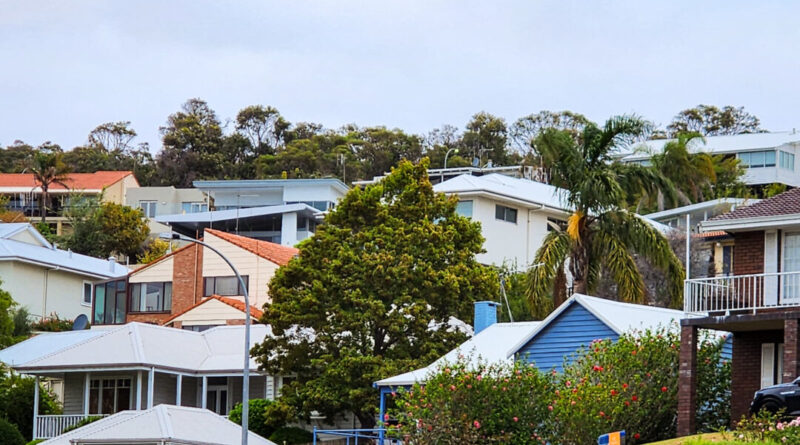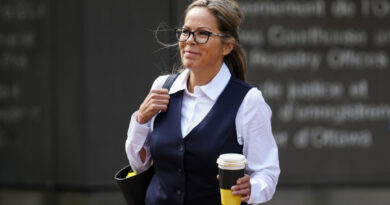Central Bank Denies Existence of ‘Quick Fix’ for Housing Demand-Supply Imbalance
Ms. Hunter noted that the construction industry faced supply chain disruptions during the pandemic, hindering its ability to meet the rising demand effectively.
The imbalance between housing supply and demand is a complex issue that government initiatives alone cannot swiftly resolve, according to Reserve Bank of Australia (RBA) Assistant Governor Sarah Hunter.
Speaking at the REIA Centennial Congress on May 16, Ms. Hunter highlighted the challenges in the housing construction sector, which experienced constrained activity over recent years due to a combination of factors.
In 2020, the demand for new housing slowed significantly but picked up again as the pandemic situation improved, with around 320,000 new homes being built annually. Supply, on the other hand, showed a more stable trend in recent times.
The housing crisis is exacerbated by population growth, as the average household size has increased to 2.8 million, necessitating the construction of 1.2 million additional dwellings to accommodate the current population.
Ms. Hunter emphasized that housing demand adjusts in response to shortages and higher prices.
Nevertheless, the ongoing demand-supply gap continues to impact both the rental market and established housing sector, especially in capital cities where rents are rising rapidly.
Ms. Hunter reiterated that while many supply chain issues have been resolved, the construction industry still faces challenges in meeting the increased demand efficiently.
She mentioned that it will take time for new supply to come online due to project delays and cancellations caused by high building costs compared to returns.
Home Builders Call for Government Action
Meanwhile, Master Builders Australia CEO Denita Wawn emphasized the need for broader government intervention beyond the housing sector to expedite the construction of new homes while reducing costs.
With the 2024-25 federal budget recently released, the shortage of skilled trades remains unaddressed, according to Housing Industry Association (HIA) Managing Director Jocelyn Martin.
The HIA calls for increased infrastructure funding to accelerate new home construction, particularly at the state and local levels.
On the other hand, the Real Estate Buyers Agents Association of Australia (REBAA) pointed out the absence of measures to incentivize property investors to address the rental housing shortage.
REBAA President Melinda Jennison urged the government to encourage investors to return to the housing market to alleviate the rental crisis, especially with the approval of the $9.3 billion National Housing and Homelessness Agreement (NHHA).



